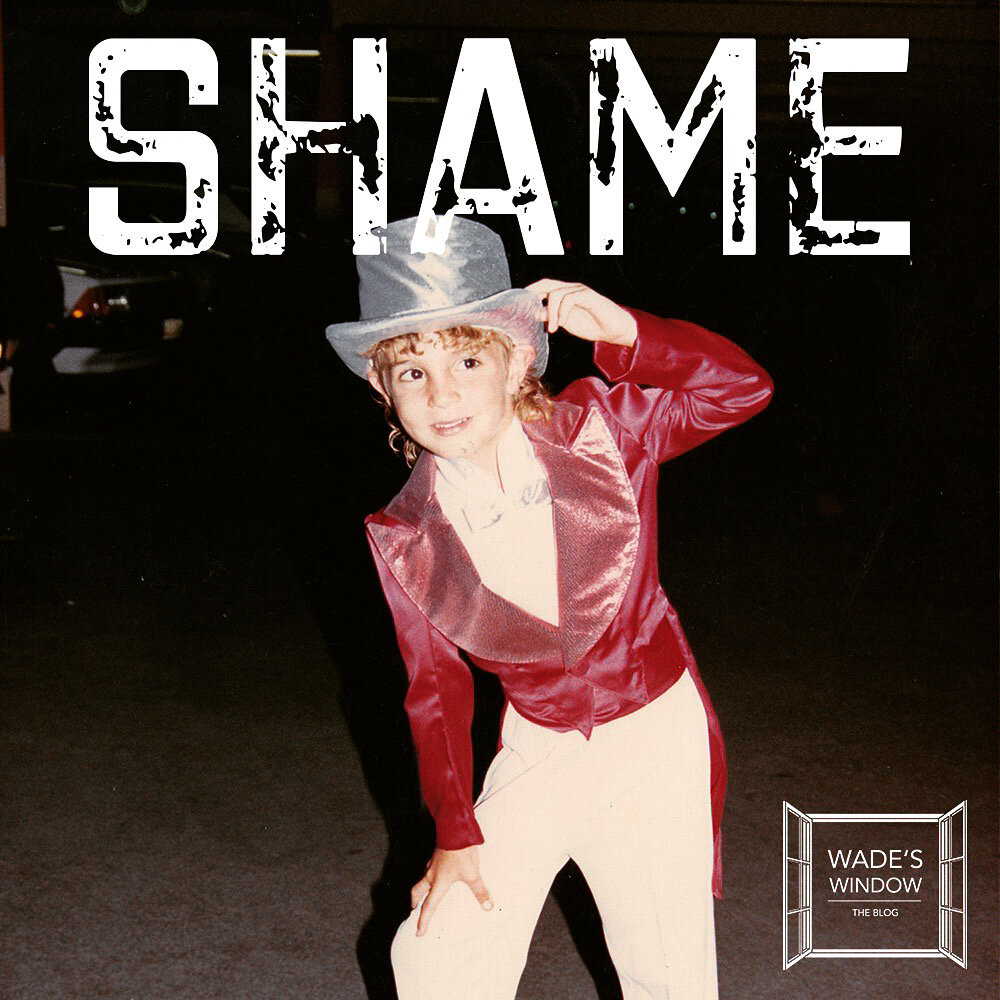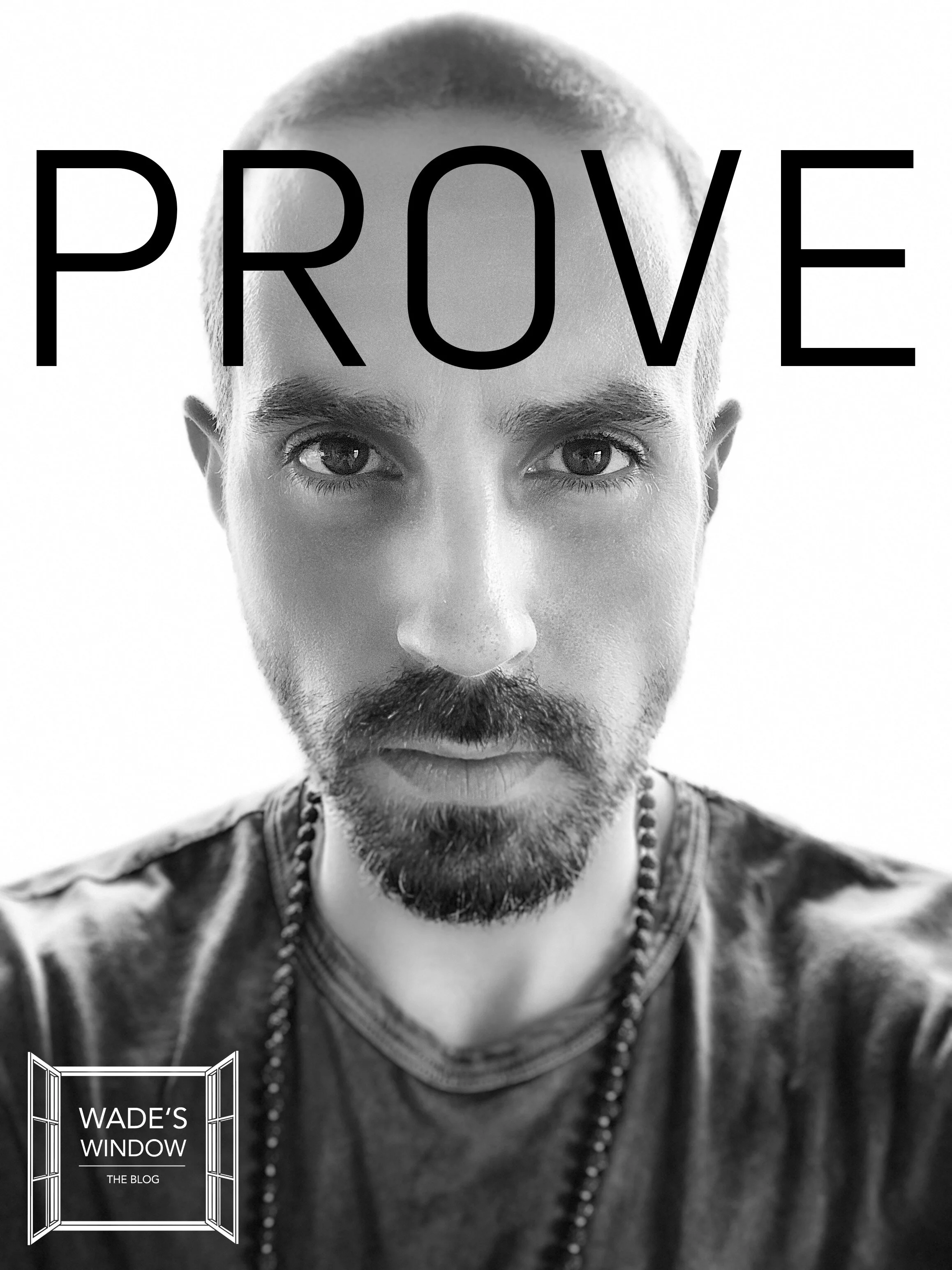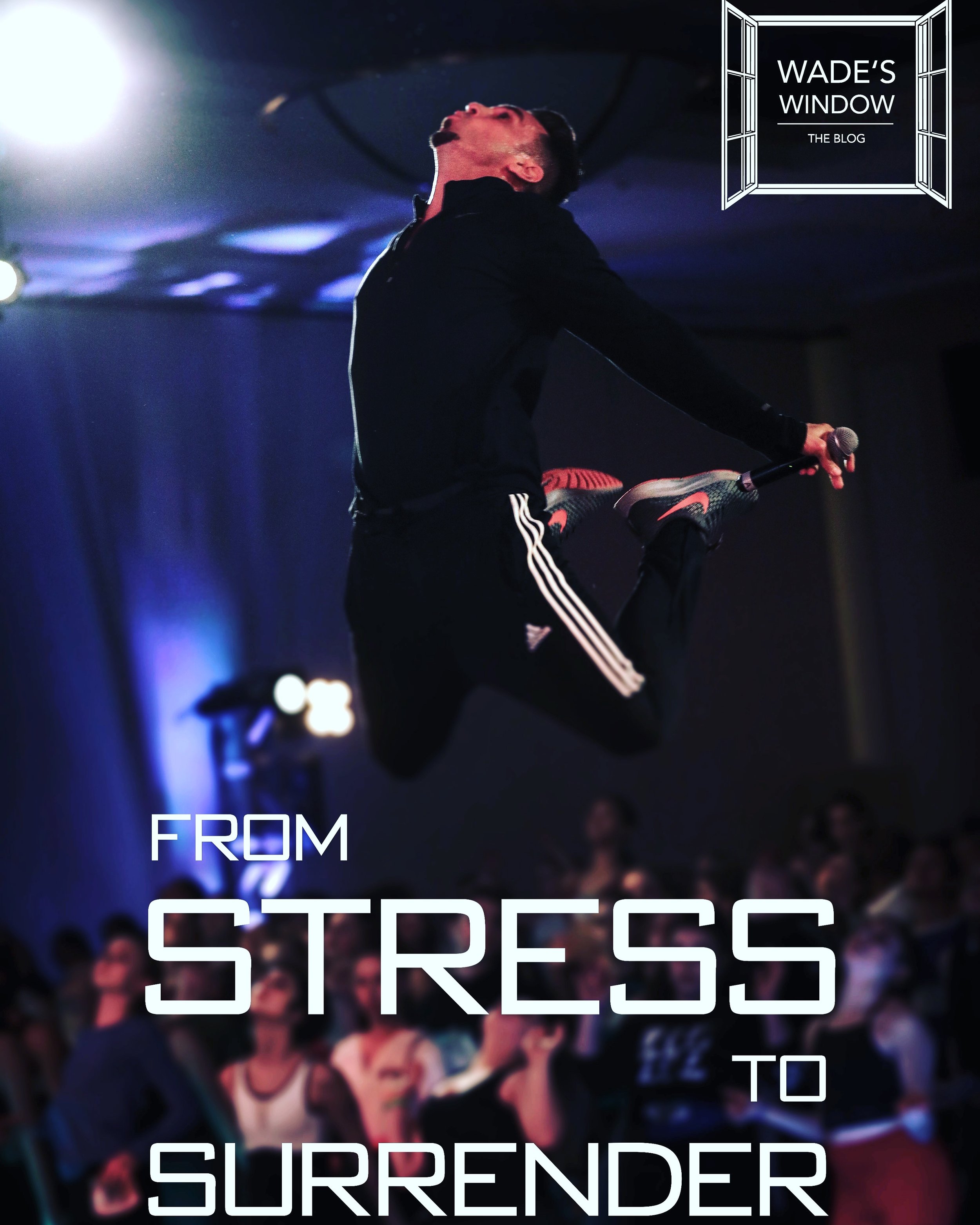Ironically enough, I stared at this blank page for a good while before allowing myself to write anything that wasnʻt perfect!
If I follow the breadcrumbs of my perfectionist behavior back, I arrive to Michael Jackson telling me at seven years old to, “Be the best or be nothing at all.” Then forward to receiving an elementary school report card of all Aʻs except for one and being asked, “Why the B?” Then further forward to being about 9 years old, walking into commercial auditions fearing that, “If I donʻt get this job, we’re gonna run out of money and have to go back home.” The overall message I took in was, “You must be perfect.”
The more external success I experienced through my teens and twenties only exacerbated these beliefs. Distortedly, I felt as though each success was somehow a fluke and I needed to be more prepared and more perfect, if I was going to keep up the facade. What came along with this perfection trajectory, compiled with the hiding of Michaelʻs abuse, was more and more seriousness, and less and less patience, experimentation, play and fun. One of my past survival tactics was to turn my insecure feeling of being different from others into a belief that I wasnʻt just different, I was better. This allowed me to turn my victim experience of feeling separate into a separation experience that was created by me; giving me a false sense of control. As you can imagine, this never facilitated any lasting comfort; actually it only created more pain and loneliness. It was the frantic need for perfection that played an integral role in slowly but surely eroding my heart and mind to the point where I finally broke in 2011 and 2012. But then, my journey toward releasing my perfectionism began…
Some of the first terrifying and intriguing questions that came were, “What if Iʻm not the best? What if Iʻm not different, or special? What if Iʻm just like everybody else?” So I removed myself from doing everything that I thought made me great, different and special, namely the entertainment business. I had to find out what would happen. After a lot of terror, panic, depression, revelations, and a period of spiritual elitism, i.e., “Oh now Iʻm special because I removed myself from everything that made me special,” I realized that I am just like everybody else and it is actually exactly that that makes me special; just as every one of us is equally special. Yes, the details of our lives differ, but we all feel the same fear, pain, anger, disappointment, sadness, loneliness, jealousy, joy, enthusiasm, and love. Weʻre all looking for happiness the best way we know how, weʻre all making mistakes every single day and we all have infinite potential as our baseline. Weʻve all come to this earth to contribute something unique and valuable and what labels that contribution as important or not, large or small is but a judgement of limited perspective.
So then the question was, “If I donʻt need to be different from or better than anyone, who or what am I trying to be perfect for?”
I started experimenting with simply doing my best and accepting that my best would be different everyday. And when my best really sucks, I try to be kind and forgiving with myself and keep moving forward. This has given me the space to experiment, to listen and learn, to collaborate, and to play. This has given me the capacity to lessen my judgement of myself and therefore lessen my judgement of others, which enables me to engage in deeper loving relationships with people.
Perfect created walls in my life, blocked good or great ideas from flowing through me and prevented relationships from growing or even existing. Elizabeth Gilbert said, “Perfect is the enemy of good.” I also say that perfect is the enemy of fun. And I want to have fun, donʻt you?
The following quotes are from John Steinbeck and Elizabeth Gilbert, respectively.
“And now that you don’t have to be perfect, you can be good.”
“Now that you don’t have to be good, you can be free.”
Love, Wade Robson.
2/16/18































Wade Robson, based on his personal experience of external wins and internal losses, explores our personal definitions of WINNING and their implications.